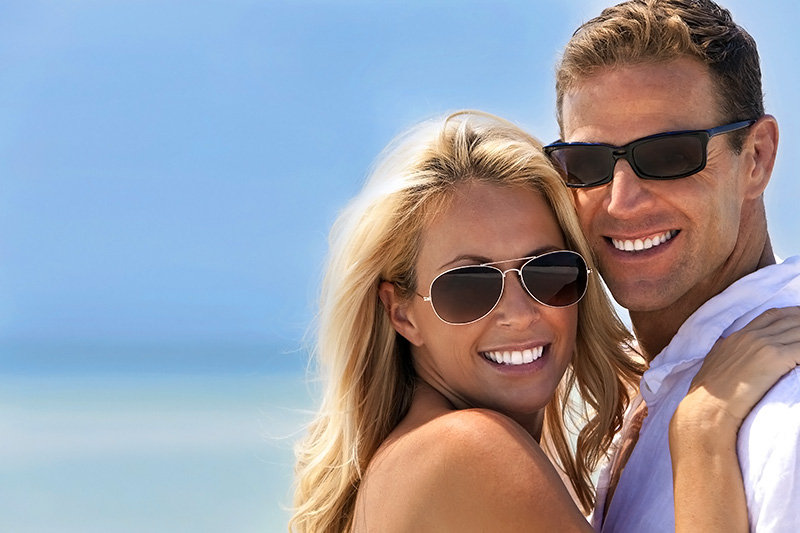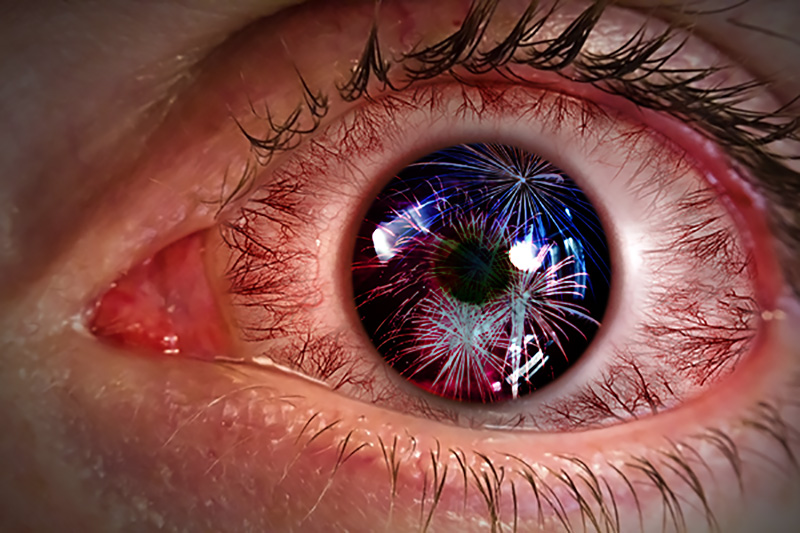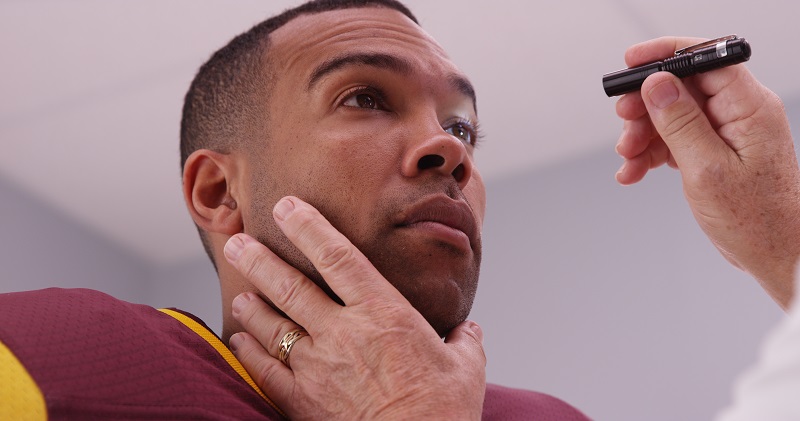
This week has been especially hot here in Michigan. Besides drinking plenty of water, slathering on sunscreen, and finding shade, remember when enjoying the outdoors, it is important to protect your eyes by wearing sunglasses with UV protection and a broad brimmed hat.





